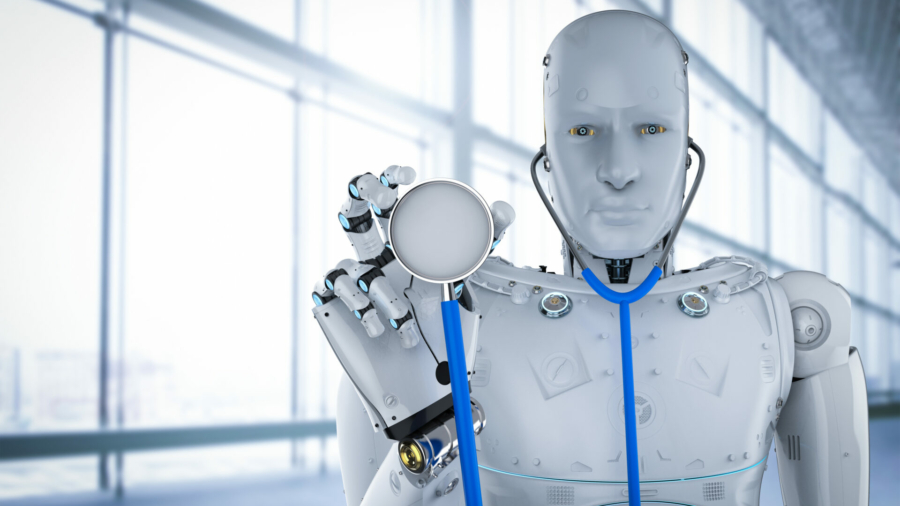Artificial intelligence (AI) has become increasingly prevalent in our daily lives, from personal assistants like Siri and Alexa to self-driving cars and recommendation algorithms on social media platforms. As this technology continues to evolve and improve, the possibilities of AI are seemingly endless. Let’s explore some of the potential applications and benefits of artificial intelligence.
Healthcare
One of the most promising areas for the application of AI is in healthcare. AI has the potential to revolutionize diagnosis and treatment by analyzing vast amounts of data and identifying patterns that may not be evident to human doctors. Machine learning algorithms can help predict patient outcomes, personalize treatment plans, and improve overall patient care. AI can also help automate administrative tasks, freeing up healthcare professionals to focus on patient care.
Education
In the field of education, AI can enhance the learning experience for students. Adaptive learning platforms can tailor lessons to individual students’ strengths and weaknesses, providing a more personalized and effective learning experience. AI-powered tutoring systems can provide instant feedback and support to students, helping them to grasp difficult concepts and improve their academic performance. With the rise of remote learning during the COVID-19 pandemic, AI has become even more crucial in ensuring that students receive a quality education, regardless of their location.
Business
AI is also transforming the way businesses operate. From chatbots that provide customer service round-the-clock to predictive analytics that help companies forecast market trends, AI is helping businesses make smarter decisions and improve efficiency. AI can automate repetitive tasks, streamline processes, and optimize operations, leading to cost savings and increased productivity. In the era of big data, AI can help businesses make sense of the vast amounts of information available to them and extract valuable insights that can drive growth and innovation.
Environmental Sustainability
Artificial intelligence can also play a critical role in addressing environmental challenges. AI-powered sensors and monitoring systems can track environmental changes in real-time and help researchers identify trends and predict future outcomes. AI algorithms can optimize energy consumption, reduce waste, and improve resource management, ultimately leading to a more sustainable future. With climate change becoming an urgent issue, AI has the potential to help us better understand and mitigate its impact on the planet.
In conclusion, the possibilities of artificial intelligence are vast and far-reaching. From healthcare to education, business, and environmental sustainability, AI has the potential to transform industries and improve our lives in countless ways. As this technology continues to advance, we can expect to see even more innovative and impactful applications of AI in the future.

